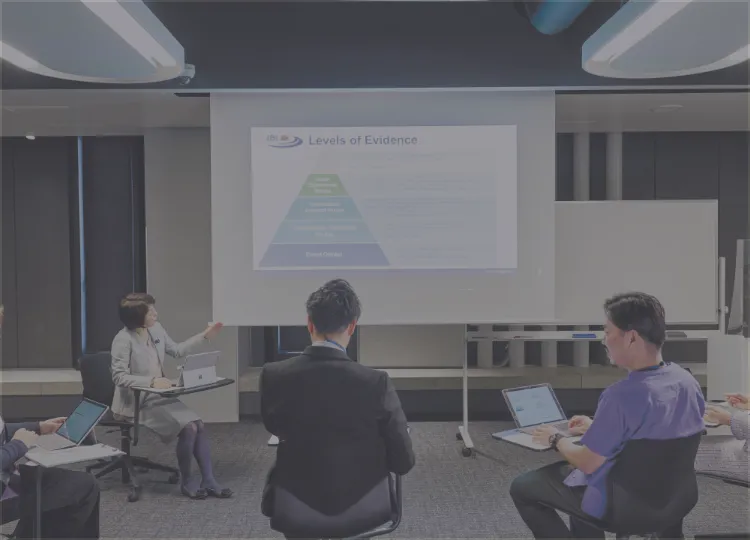
Research activities
Close-up
A new future unfolds as data interprets human sensations
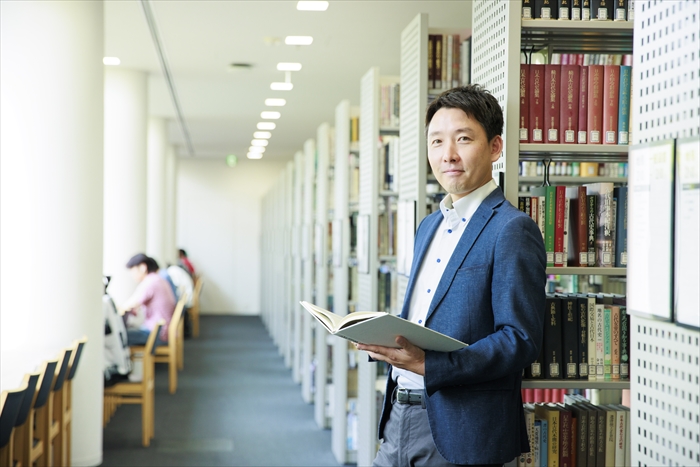
Faculty of Business Administration
Tomohiko Ise Associate Professor
Research topic: Data analysis Programming education
"Big Data x Agriculture" Data science and AI will guide our future
Starting this fiscal year, we are collaborating with a local agricultural organization to carry out a project to support agricultural production planning using the power of data science. Until now, production has been based on empirical rules, relying on inventory levels and experience, but recent climate change and changes in demand have increased the need for more systematic production management.
Therefore, we are aiming to support decision-making in agricultural fields by prototyping a system that uses big data such as seasons, weather, and demand trends to predict future production numbers.
At first glance, agriculture may seem like an analogue activity, but it is actually a field that naturally ties in with cutting-edge research such as data science and AI. We hope that this initiative will provide an opportunity for people to realize that data science is right next to us in our daily lives.
In addition, we hope that this activity will not only support the realization of sustainable agriculture in the region, but also serve as an opportunity for students and the younger generation to experience the new learning possibilities of "big data x agriculture."
The world of data science may seem intimidating, but it's within reach
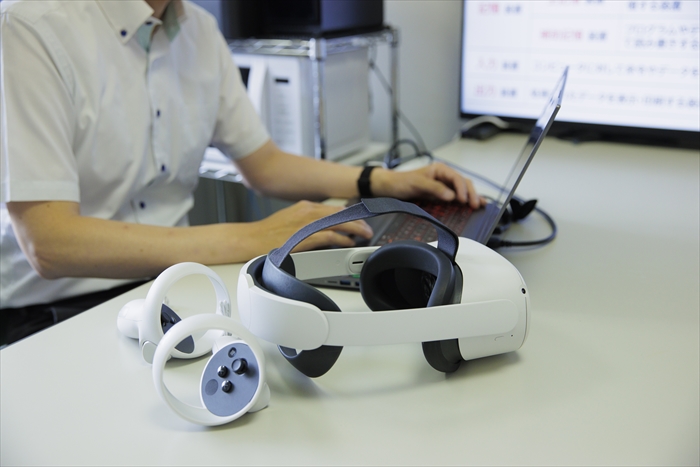
I originally specialized in mechanical engineering, and conducted research on product design and performance improvement while conducting numerical simulations. During this time, I came to realize the reality that "people are not necessarily satisfied with just a machine's high performance." From there, I broadened my interest to include affective engineering, which incorporates the perspective of "how people feel," and further to the study of affective information, which combines information science.
Kansei information is an initiative that captures and analyzes human sensations such as "comfort" and "ease of use" as data and utilizes them in design and services. One of the key findings that emerged during the research is that "sensibility is closely linked to shape, materials, and operability." For example, even if two products have the same performance, the impression they leave on users can be significantly different if the rounded corners, texture of the materials, or resistance when operating them are changed.
Another important point is that mechanical performance and human sensitivity are not necessarily proportional. No matter how excellent the performance, if the sound is unpleasant or the operation is complicated, user satisfaction will decrease.
This realization prompted me to add the perspective of "human senses" to the mechanical engineering I had been studying. Research into emotional information, through data science, has become a major driving force in expanding ideas beyond mere performance improvement to "design that is in tune with the senses."
Analyzing sensibility (subjectivity) as data
When researching emotional information, these sensations are collected and analyzed as data, and converted into knowledge that can be handled objectively.
As this way of thinking advances, I believe it will open up new possibilities in areas where, until now, we have had to rely solely on our senses. For example, in product design or vehicle seats, we could digitize shapes and materials that are perceived as "less tiring" or "more reassuring" and reflect this in design. In medical and welfare settings, we could scientifically derive "calming sounds" and "comfortable lighting" to create environments that are more friendly to patients and the elderly. Furthermore, in the tourism and service industries, it may be possible to analyze the elements that visitors find "comfortable" and propose programs that enhance the value of their experiences. As these practical examples become more widespread, I believe our lifestyles will shift in a direction that is more "in tune with our senses."
Research into emotional information is an effort to make it possible to understand and utilize human sensations as data, rather than leaving them as subjective sensations. We believe that this fusion will lead to the emergence of new and unimagined value as well as the resolution of previously abandoned issues.
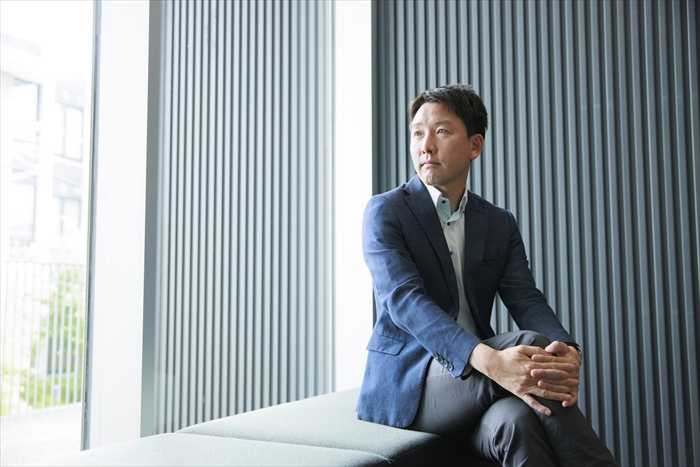
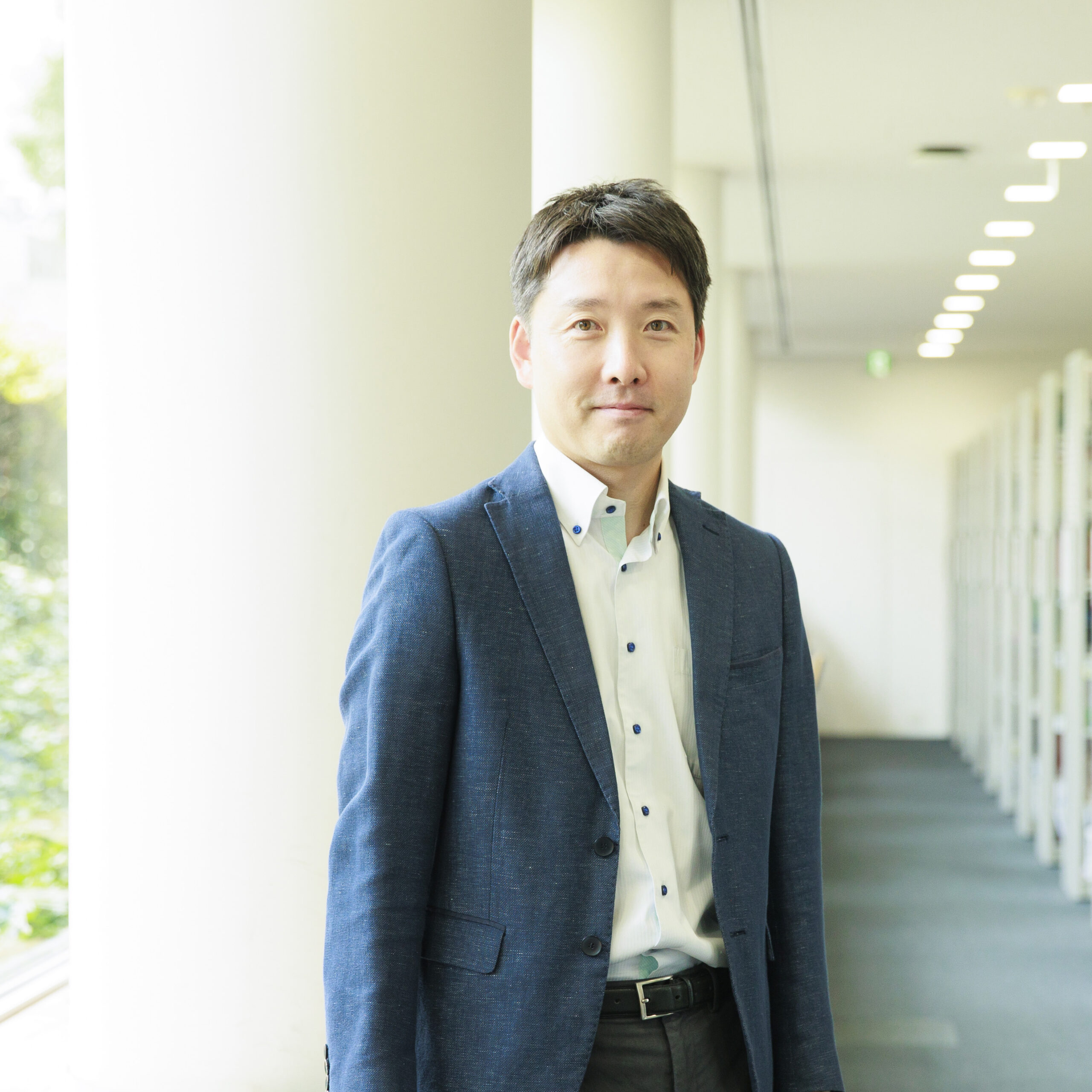
Author
Tomohiko Ise ISE Tomohiko
Faculty of Business Administration
Associate Professor
Research Field
Society and Information Science, Engineering, Architecture
Research Topics
Data analysis Programming education
